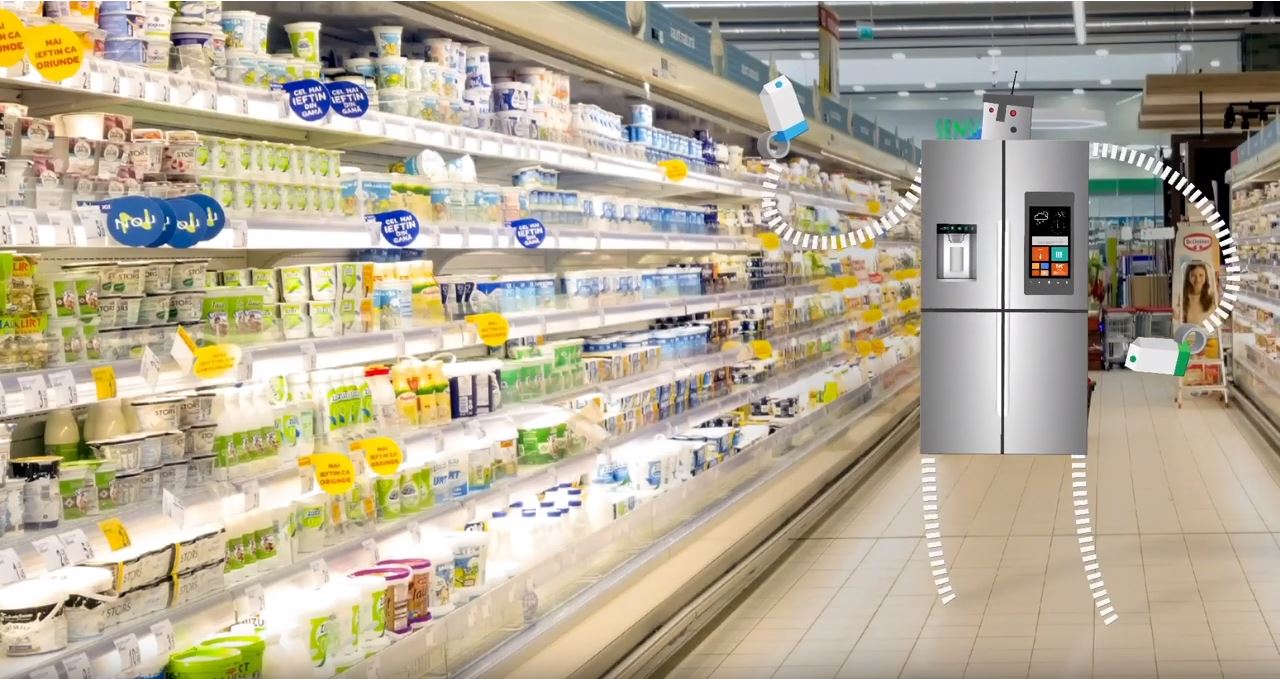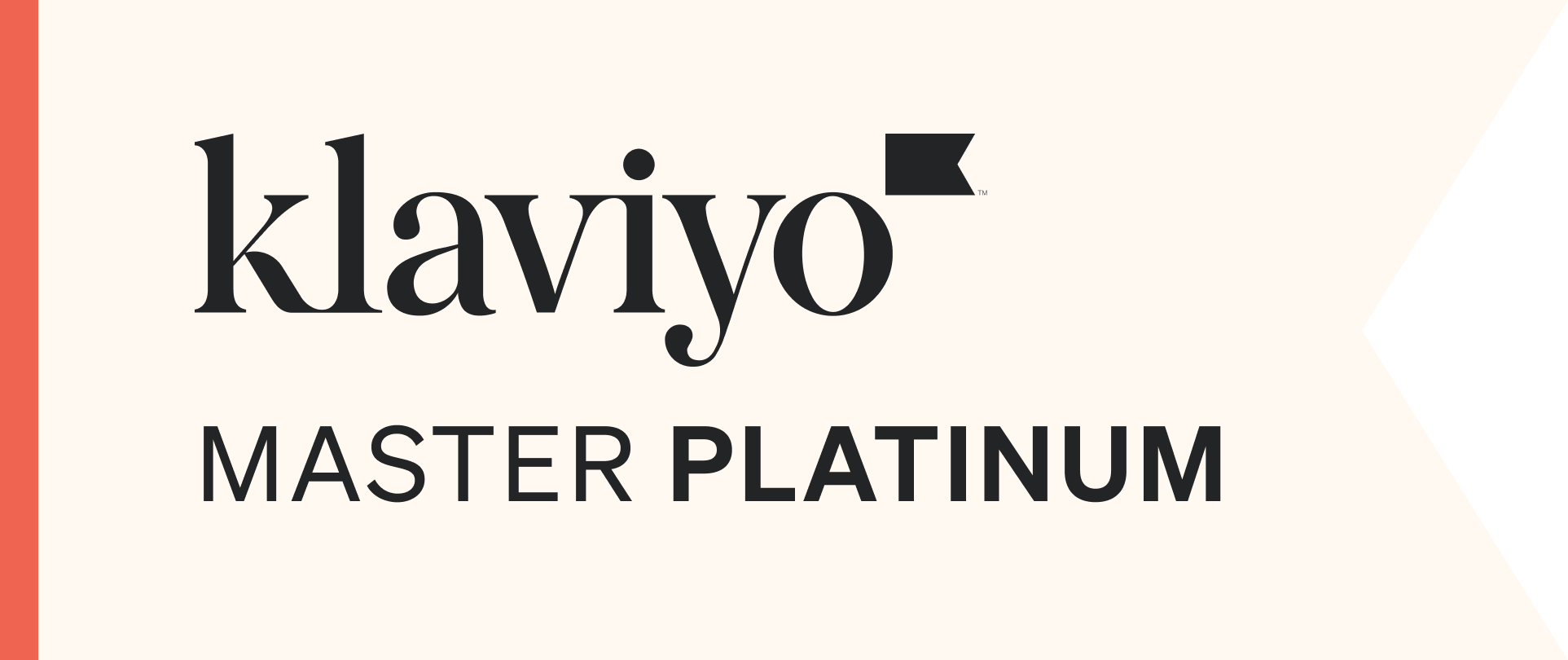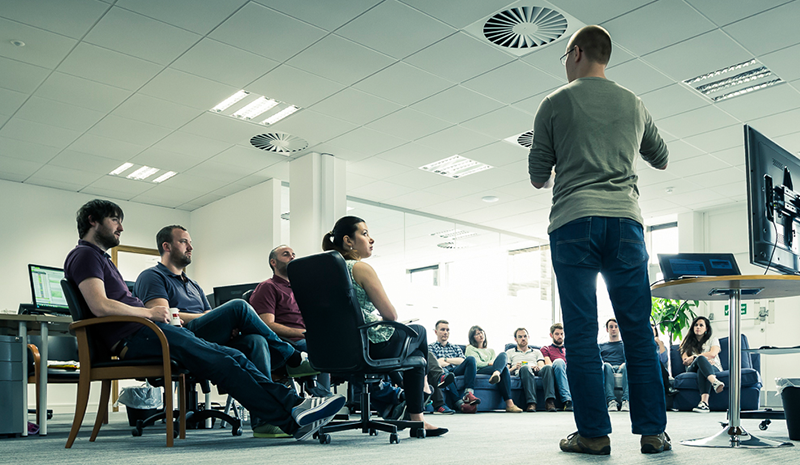By Alan Coleman on 5 Jul 2019
Wolfgang Bites: Watch- 2019 Is the Last Year of the Internet As We Know It
Wolfgang Bites: Read- 2019 Is the Last Year of the Internet As We Know It
2019 will be the last year of the internet as we know it.
5G lands in 2020 and this is going to be transformational for the world we live in. Before we look to the future, let's look to the past. The way that G's have panned out is, every second G has been transformational.
- 1G gave us the mobile phone, we could make and receive calls on mobile devices.
- 2G moved this from analogue to digital; so it increased the functionality to allow us to make secure calls.
- 3G is when we got smartphones and the internet on these devices. The world we live in today is literally a product of the 3G iteration of the internet.
- 4G improved speed by 10 times, so rather than be transformational, this released pent-up functionality, things that we were struggling to do on our 3G phones such as look at images or videos and transact, we could now do with ease. That's what brought us to where we are today.
The last 10 years has really been built on the 3G internet, but get ready...we're about to go to the 5G internet.
What's the difference? I hear you say
Well, first off all it's speed. Internet speed is going to be up to 200 times faster. So our little imaginations can only begin to fathom the impact this will have on how the internet works. 5G internet is also going to be about smart devices. There are already more smart devices in the world than there are people. 5G will give these devices power to really optimise our lives in a way we can barely imagine now.
What does Smart mean?
Smart means connected to the internet and smart means artificial intelligence enabled. There's two things AI loves:
- Speed and
- Data
The more devices that are orbiting us, the larger our smart device's ecosystem. Meaning more data has been gathered on us and these algorithms can make better decisions to improve our lives.
Let's give an example
So, I'm kind of dreaming here but let's do it anyway…
Some of the smart devices that orbit me are obviously on a smartphone, I have a smart watch, and this tracks my swimming activity, my walking activity and any other training I do. I just recently received my Tanita smart scales. This tracks my body fat and my body muscle. It also gives me things like my metabolic age, which is really interesting.
Consider this ecosystem of smart devices I'm living in now. I go to the swimming pool, turn on my smart watch and have my swim. At the end of that, it can tell me how many calories I burned and how far I went.
I can then go and stand on my smart scales. This can start seeing if, after a number of weeks of swimming, the composition of my body has changed. Is my body fat decreasing or is my body muscle increasing?
I believe the selfie generation is this generation of people, myself included, who have been spending a lot of time over the last five years taking pictures of ourselves.I believe we will become the quantified self generation, that behavior evolves into, and the 5G behavior that emerged is this kind of incessantly measuring, monitoring, and optimizing ourselves.
So somebody in the quantified self generation might be saying, "I'm going to go to the beach, I'm going to go on holidays in 12 weeks, optimize my body Garmin. I don't want to be big and buff, I want to be alive and agile." And you can imagine Garmin, via my app, putting together an activity plan over the next 12 weeks for me to do. My watch measures the activity, my scales measures the results.
Back to the future
The missing link here is my smart fridge. This is coming. We're already seeing smart fridges. They're just not yet ordering protein milk from the supermarket, but you better believe this is coming. All that life admin, those transactional stuff that we do every week, that we feel we shouldn't really need to do, smart devices are going to do these tasks for us.
 How do I market to a fridge?
How do I market to a fridge?
This asks some really existential questions of marketers. When my smart fridge is ordering my protein milk from the supermarket, how does a marketer market their products to a fridge? Does a fridge care about a TV ad? If we look at traditional marketing and the four P's, does the promotion of the four P's get replaced with the programming of API? And is this the next era of marketing where it's all about APIs marketing our machine to their machine.
Carry this thought forward. If marketing budgets are no longer flowing towards ad spends to try and make humans feel emotions about homogenous products, where does a marketing budget flow in a scenario where there's only two factors, price and quality. You're either going to try and be cheaper than people, or that marketing budget flows into new product development, market research and customer experience. When the smart fridge goes to order the smart milk and it's ordering from your brand. Both fascinating and terrifying in equal measure.
I'd love to hear your thoughts on the future of 5G. Use the hashtag #WolfgangBites on Twitter to join the conversation.


.png)
.png)







_2025.png)

